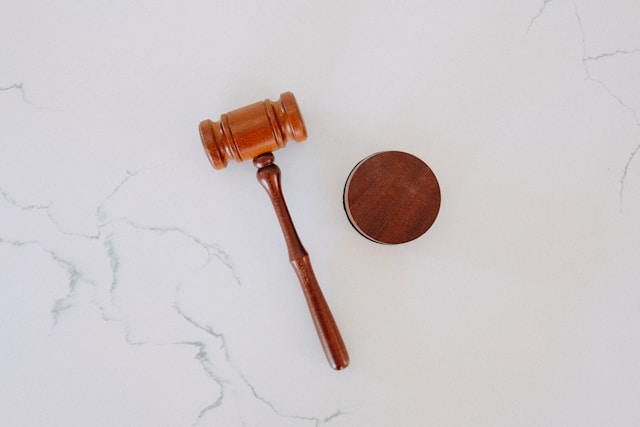The right to freedom and personal inviolability is a cornerstone of the human rights system. However, in practice, people often face its violation through mechanisms of immigration control and international police cooperation. Arbitrary immigration detention and unfounded requests through Interpol represent serious challenges to international law and order. There are specific legal instruments designed to protect individuals from such abuses.
Illegal Immigration Detention: When Freedom is Locked Up
States have the right to control their borders. But this right is not absolute. International law strictly regulates the conditions under which a person can be deprived of liberty on immigration grounds. Detention of migrants must be an exceptional measure, not a standard procedure. It is applied only when less restrictive alternatives are not possible.
Arbitrary detention occurs when there is no clear legal basis for isolating a person. Often, it violates fundamental procedural guarantees. For example, the detainee is not informed of the reason for the arrest or is not provided access to a lawyer and court to challenge the legality of their detention. Key international documents, such as the International Covenant on Civil and Political Rights (ICCPR), explicitly prohibit such practices. They require that any deprivation of liberty be lawful, justified, and proportionate.
Risks of the Interpol System: A Weapon Against the Unwanted
The International Criminal Police Organization (Interpol) was established to facilitate cross-border cooperation in combating crime. Its system of color-coded notices, especially “Red Notices,” allows member states to be informed about individuals being sought. However, this mechanism is vulnerable to abuse. Authoritarian regimes often use it to persecute political opponents, activists, and journalists beyond their borders.
An unfounded request to Interpol can lead to catastrophic consequences for a person. They may face arrest, prolonged detention, and extradition procedures to a country where they face torture or an unfair trial. Interpol’s Constitution (Article 3) explicitly prohibits the organization from intervening in matters of a political, military, religious, or racial nature. This provision forms the main line of defense against unlawful requests.
Mechanisms of legal protection: where to seek help
A person faced with unlawful detention or unjustified persecution through Interpol is not left alone against the system. International law offers several ways to protect their rights. These mechanisms allow for challenging the actions of states and international organizations.
To counteract unlawful actions, there are specialized instances. They review complaints and make decisions that can affect a person’s fate. Here are the main ones:
- The Commission for the Control of Interpol’s Files (CCF): This is an independent body that reviews complaints about data processing in the Interpol system. A person can submit a request to delete information about themselves if they prove that the request violates the organization’s statute, for example, has a political nature;
- The UN Working Group on Arbitrary Detention (WGAD): This special procedural mechanism of the UN Human Rights Council is authorized to investigate cases of deprivation of liberty that may be deemed arbitrary. After reviewing the case, the group issues an opinion and may call on the state to immediately release the detainee;
- The European Court of Human Rights (ECHR) and other regional courts: Residents of countries under the jurisdiction of these courts can file complaints about violations of the European Convention on Human Rights, including articles on the right to freedom and the prohibition of torture.
Although the risks of unlawful detention and abuse of international police instruments are real, the system of international law provides effective means of protection. Appeals to the CCF, WGAD, or regional human rights courts not only allow for the restoration of justice in a specific case but also contribute to strengthening global law and order by compelling states to fulfill their obligations.
